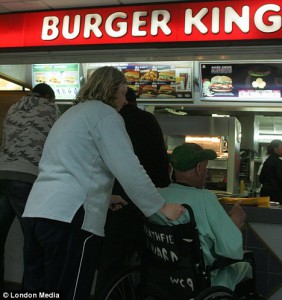In the age of COVID, countries that are able to swiftly and robustly deliver digital services and products to their residents, will win and prevail, socially and economically
The digital economy is here to stay, digitization is the bloodstream of the local and global economy, and there have been huge complaints about the delivery of internet and related telecommunications services in the British Virgin Islands over many years. It is long overdue for the society to tackle this matter.
The internet issue is limited bandwidth: and the consequent slow, and even non- existent internet services in specific places. This is the result of inadequate fiber optic and Wi Fi. The solution is much greater investment in the industry by government and investors.
Related to the preceding is the lack of an adequate and resilient network for the supply and distribution of power: overhead lines can be impacted in the event of a bad hurricane. Burying electricity cables has been offered as the solution. Truth be told the delivery of power has vastly improved in recent years; but power in this day and age need not be disrupted by a hurricane, or even a violent rain storm.
Telecommunications, internet services, and power, all depend upon a network of pipes, lines, and cable, that should be as resiliently placed, and robust as possible, to deliver durable, fast, and effective telecommunications and related services. This is national hardware that is further linked with a global network of undersea cable and satellite, that have turned the world into a global village technologically and literally.
Before the COVID pandemic, this internet conundrum may have been tolerable. However, with the move to home and remote working, and online learning, it is no longer so. Resilient and swift internet is a mark of social and economic progress.
In today’s world swift internet access is not an option. Like the learning and social infrastructure, power supply, sanitation and sewage, water supply, safe road networks, and ports, digitization and internet are critical to life in every way imaginable.
Consequently, the inability to swiftly access the internet by the population is a debilitating conundrum that will hit a country where it hurts: in its standard of living, quality of life, and economy.
Digitization, and the networks of computers, digital devices, and robotic type equipment that digitization drives, defines and enables modern day life in every parameter and respect.
From the time the consumer gets out of bed in the morning until he closes his eyes at night his world and daily activity is driven by digitization and the internet. Life has become virtual: digitization is in the air we breathe.
In-fact today’s organization is driven by digitization. From the moment the employee, manager, and owner, sits at a desk, or engages in any task, till he or she leaves work at the end of the working day, his day and its outcomes are controlled by the computer, cellular device, and various smart devices, that supposedly make life easier.
The greatest evidence for the need for greater investment in the internet and telecommunications are the hindrances to online learning and remote working. A drop in the internet service cuts off people from engaging with each other online. This is frustrating and non- productive, and filters into the wider economy and society limiting productivity.
Fix the internet, and we help the wider economy.
Connect with Dickson Igwe on Facebook and Twitter




